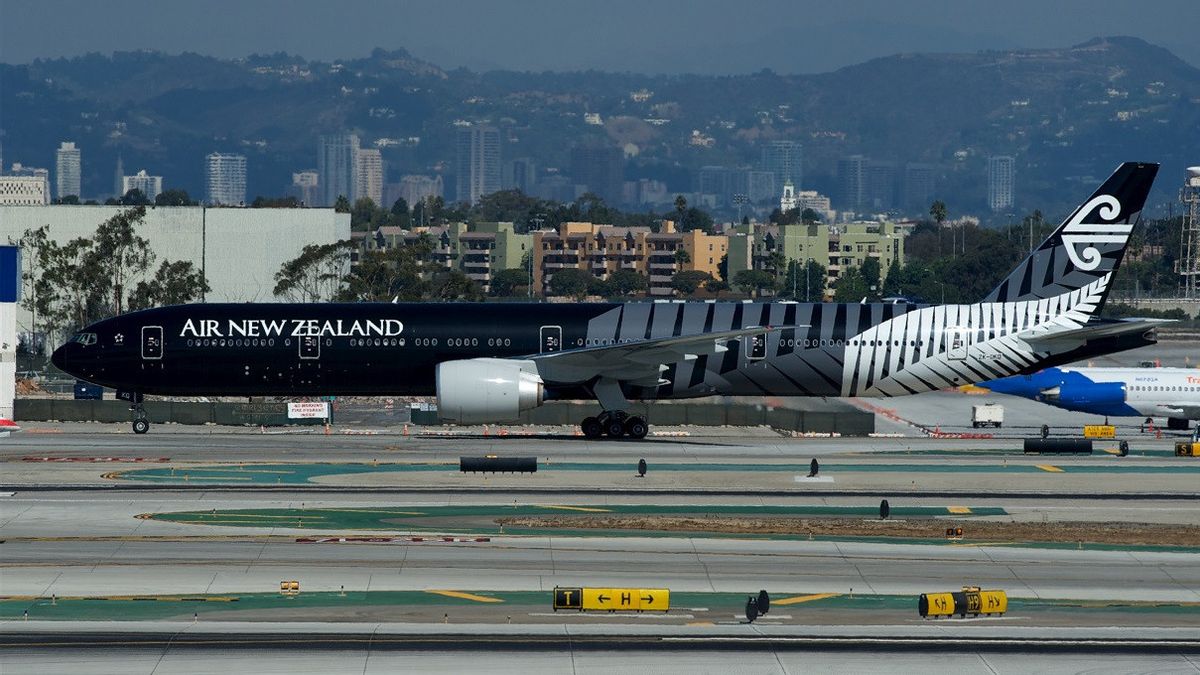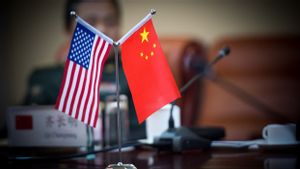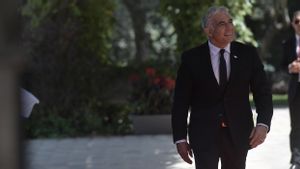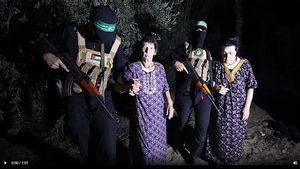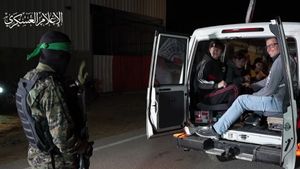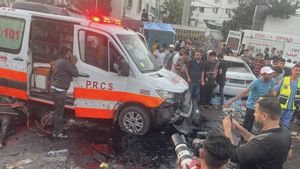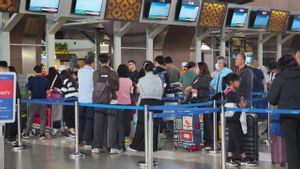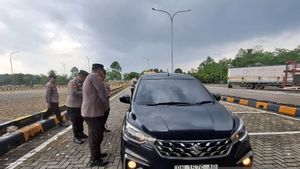Airline Air New Zealand announced that battery-powered aircraft will join its fleet by 2026, with the aim of becoming an airline that flies electric aircraft.
The airline said it ordered an electric cargo plane with five seats from US aerospace manufacturer Beta Technologies.
The aircraft in the early stages will serve cargo carrying packages and letters on domestic routes, in collaboration with the New Zealand Post.
The Alia plane that will be used is about 12 meters long and weighs three tons. Its speed can reach 270 km per hour, slower than conventional aircraft. It can also carry cargo up to 560kg.
Alia's plane can be fully charged in about 40 to 60 minutes. He also landed and took off like a conventional plane.
For initial flights, once certified safe for flight, it will be used for a route of about 150 km domestically in New Zealand.
"We aim to be the first airline to fly the next generation of aircraft commercially," Air New Zealand Chief Sustainability Officer Hannifin told AFP, as reported by The National News December 20.
He also added that the airline does not yet know when they will offer passenger flights with battery-powered aircraft.
Last May, Scandivian Airlines announced it would transport customers on its first commercial electric flight starting in 2028.
The Air New Zealand deal with Beta is the first in its mission to bring the next-generation aircraft into its fleet. It also has options for additional two Alia planes and rights for 20 other aircraft.
SEE ALSO:
Through the Mission Next Gen Aircraft program, the airline is looking for and receiving ideas and insight from 30 organizations, choosing four partners to work with in achieving the goal of launching commercial flights using next-generation aircraft by 2026.
"This is a small but important step in a bigger journey for this airline. There is a lot of work we have to do, but we are very committed, and this purchase marks a new chapter for this airline," Air New Zealand CEO Greg Foran told The New Zealand Herald.
"Flight decarbonization is not easy, and we still have a lot of work to do. We need to accelerate the rate of change in technology, infrastructure, operations and regulations,"
The English, Chinese, Japanese, Arabic, and French versions are automatically generated by the AI. So there may still be inaccuracies in translating, please always see Indonesian as our main language. (system supported by DigitalSiber.id)
